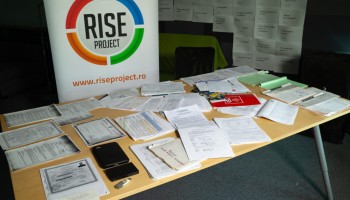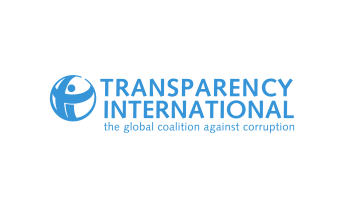Seytkazy Matayev is the chairman of the Union of Journalists and president of the National Press Club and his son is the director of KazTAG news agency. The two have been questioned over events which took place between between 2011 and 2015, according to Eurasianet.
A statement published today by the state’s National Bureau for Counteracting Corruption accused Seytkazy Matayev of profiting in the amount of 1.4 billion tenge (approximately US$ 4 million), while evading taxes in the amount of 327 million tenge (US$ 934,000).
The news release did not name his son but said the government’s Information Technology Committee and state-owned telecoms company, Kazakhtelecom, allocated the money to the National Press Club and to KazTAG news agency to publicize their work and activities.
The bureau said it was investigating Matayev senior to determine whether another 169 million tenge (US$ 480,000) allocated by local government bodies had been stolen.
The charges carry up to 12 years in prison.
According to Eurasianet, the anti-corruption bureau said the two journalists failed to fulfill their contracts because the publications were supposed to be widely disseminated but were not (suggesting it was published for subscribers only).
Both men denied the allegations in a statement published on the website of the Adil Soz (Free Speech). Aset Matayev claims the arrest was motivated by corrupt government officials interested in seizing his father’s properties.
He told reporters at Eurasianet that the corruption investigation was initiated by “highly placed people pursuing the mercenary aims of seizing my father’s property and closing our mouths so that we don’t publish [controversial] information,” but declined to name who he suspected of being involved.






